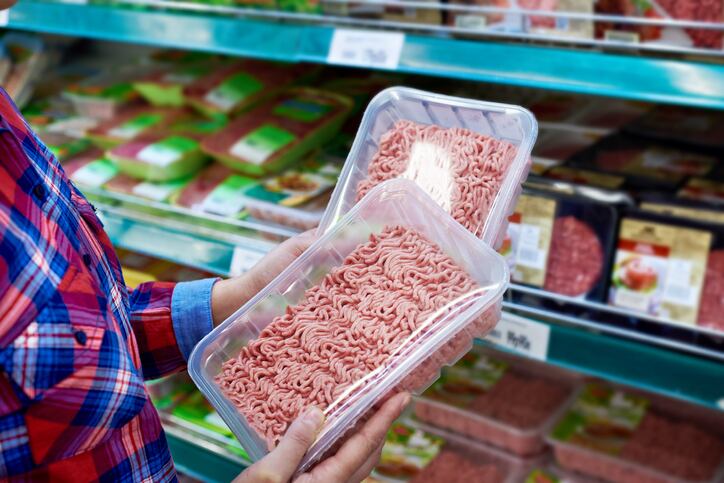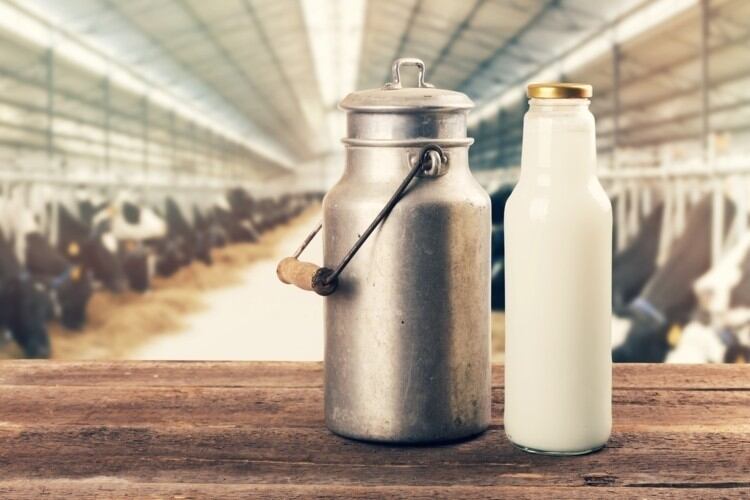Pakistan’s food industry was already faced with various internal threats such as rampant rumours about local foods such as mutton creating a further gap, sectors calling for tax leniency, and skyrocketing food prices amidst political upheaval, but COVID-19 has exacerbated matters by causing labour shortages nationwide as well as disrupting global trade and supply chains.
Worse yet, after the recent lifting of its lockdown, COVID-19 infections appear to have returned to an upward trend in the country, leaving the government with the difficult choice of health versus economy, as many of its people already face severe poverty. As of May 25, COVID-19 infection numbers in Pakistan stood at 56,349, with 1,167 deaths.
Most recently reports of rising locust attacks on winter-sown crops like wheat, chickpea and oilseed have also hit the country, with indications that this is the worst infestation Pakistan has seen in 20 years, driving Prime Minister Imran Khan to declare a national emergency over this new crisis – yet another nail in the coffin for the country’s hopes of boosting food supply.
Any country faced with such concerns would most likely conserve as much of its food supply and avoid as much wastage as possible – but Pakistan has not had that luxury due to the continued rampant adulteration of foods and beverages, forcing authorities to basically throw out food that could have been part of the nation’s supply if it had been handled properly.
“The Khyber Pakhtunkhwa (KP) Food Safety Authority found 2000 litres of milk that was blended, chemically mixed and substandard [in a single raid] – all of this was destroyed,” KP Food Authority Sohail Ahmad Khan said in a formal statement earlier this month.
“Sellers of substandard and adulterated milk will be dealt with an iron fist, in which no concession will be made.”
Yet despite Khan’s threats, the arrest of seven adulterators and the closure of two shops after this incident, food adulteration has continued along, even as the number of COVID-19 cases continued to rise in Pakistan.
Across the next three weeks, major food items that have been seized and discarded in KP alone included at least 5,000 litres of adulterated oil, 300 litres of fruit juice, 100kg of chicken, and 440 litres more of milk – and this is not counting the many minor confiscations that include foods like sweets, soft drinks, spices and more.
Adulteration all over
Worse yet, this situation is far from confined to the Khyber Pakhtunkhwa province alone – its neighbouring Punjab, which is also Pakistan’s most populous province, has also reported numerous cases of food and beverage adulteration leading to discards and wastage.
In a series of raids conducted by the Punjab Food Authority (PFA) from mid-April till date, over 7,000 litres of adulterated milk were seized and discarded from direct-sale milk shops and milk transport vehicles.
“The tainted milk was from various areas - dairy safety teams discarded 4,540 litres from [across] Lahore, South Punjab and Sargodha, and another 1,010 litres that were found in milk carrier vehicles [at screening pickets in] Bahawalnagar, Layyah, Khushab and Mianwali,” said PFA Director General Irfan Memon.
“All of this tainted milk was essentially wasted on the spot after low levels of lactometer reading and contaminates such as powder, chemicals and polluted water were confirmed to be present in the milk.”
Milk is not Punjab’s only problem either – PFA also had to destroy some 5,200kg of spices found to be expired and contaminated by animal contact and/or droppings, as well as 2,500kg of ‘hazardous’ fake betel nuts with the potential to cause oral cancer and tooth decay.
“[The spices discarded were] 2,800kg of fungus-contaminated expired red chilli powder; 1,200kg of cumin and 200kg of tamarind powder,” said Memon.
“[The] use of expired and tainted spices is injurious to health and causes cancer of the stomach and intestines.”
PFA has also attempted to put heavy penalties including fines and business closures in place to deter adulterators but judging from the ever-increasing amounts of food beinig wasted due to adulteration in the country, this is not having much of an effect either.





